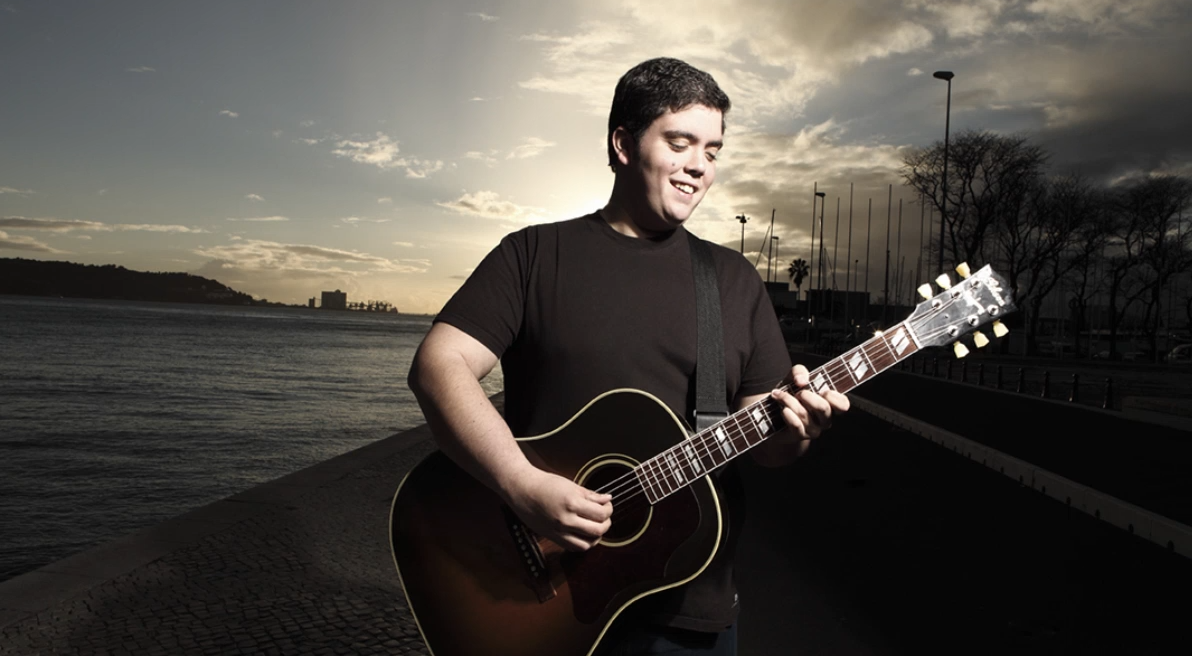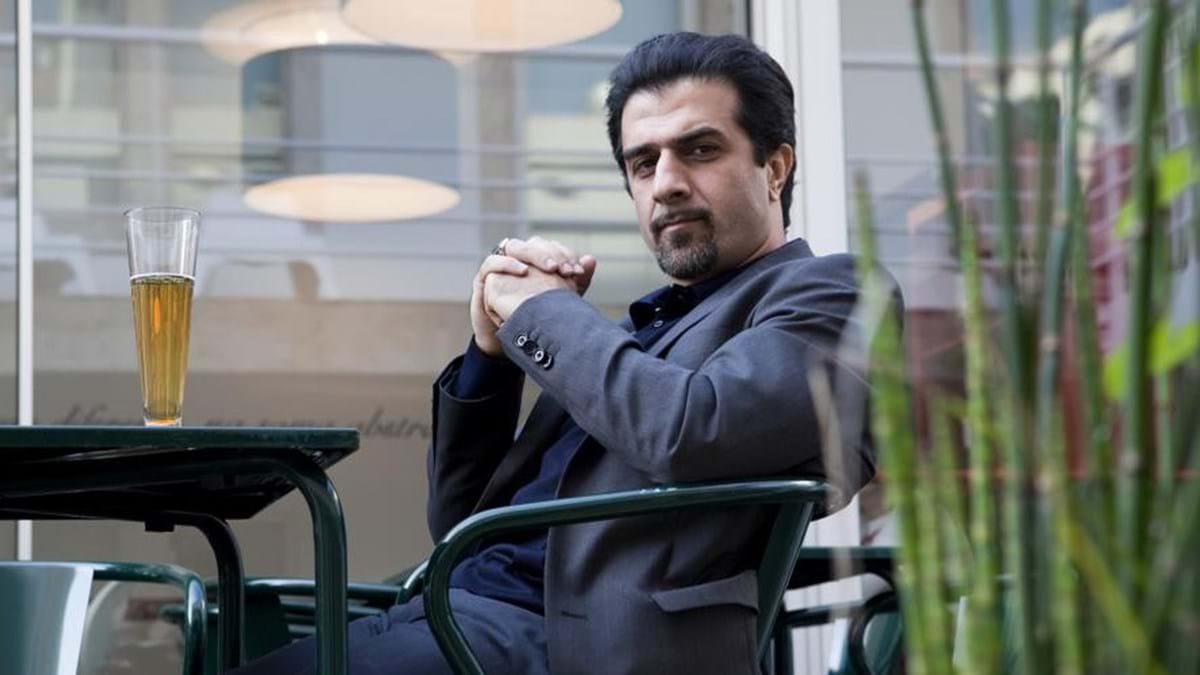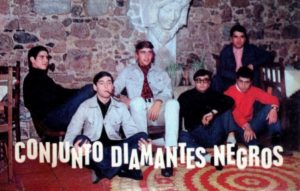João Só’s relationship with music began in his teenage years. At just fifteen, he was already forming bands and experimenting with songwriting. Although those first groups were short-lived, they provided the foundation for his artistic growth, nurturing his creative instincts and introducing him to the dynamics of playing and performing with others.
The real turning point came in 2009 with the release of the debut album João Só & Os Abandonados. At that time, the name represented a solid band project, with a defined lineup and a collective spirit. Over the years, however, the identity of Os Abandonados shifted, becoming more of an open concept that included a rotating cast of musicians who joined João Só in the studio and on stage.
In 2011, the release of Ela Só cemented his presence on the Portuguese music scene. The album featured the standout single Sorte Grande, recorded in collaboration with actress and singer Lúcia Moniz. The track’s initial impact was notable, but it was its reissue that truly propelled João Só into the spotlight, earning extensive airplay on national radio and rapidly spreading through digital platforms.
The success of Sorte Grande was greater than anyone anticipated. Concert audiences embraced the song with enthusiasm, and the track soon became a defining moment in his career. The attention it brought translated into more frequent performances and an increasingly busy schedule, affirming João Só as one of the fresh voices of contemporary Portuguese pop.
This newfound visibility also encouraged audiences to explore his earlier work. Songs such as Meu Bem and À Marte, already part of his repertoire, found new listeners who discovered in them the same sincerity and melodic sensibility that characterized his later hits. In this way, Sorte Grande not only expanded his reach but also validated the consistency of his artistic vision.
Collaboration has always been a defining element of João Só’s path. Working with respected figures in Portuguese music—such as Mendes and the group Azeitonas—he developed projects that blended different styles and perspectives. These encounters offered him opportunities to grow as a songwriter and performer, while also reinforcing his belief in music as a shared language.
Beyond partnerships, João Só is deeply committed to his craft as a songwriter. He writes constantly, often producing songs in a matter of hours. At the same time, he is selective, setting aside material that does not reflect his truth. For him, authenticity is essential: every track that makes it to an album must carry something honest and resonant.
Alongside composition, he has also embraced production, overseeing not only his own records but also contributing to the work of other artists. This dual role has allowed him to refine his ear and broaden his approach to arrangements and sound, giving his music a balance between intimacy and professional polish.
Despite his growing recognition, João Só approaches his career with patience. His next album is already composed, but he prefers to wait for the right moment to record and release it. This sense of timing reflects his philosophy: music should not be rushed, but allowed to mature until it feels ready to meet the world.
He is also acutely aware of the transformations in the music industry. The rise of digital platforms has brought new possibilities for distribution and audience reach, but João Só does not hide a certain nostalgia for the era of physical albums. For him, CDs and vinyl represented not only music but also a tangible connection between artist and listener—a tradition he fears may fade.
Today, João Só stands as one of the most distinctive voices of his generation in Portugal. His journey combines youthful beginnings, breakthrough successes, artistic collaborations, and a constant search for sincerity in songwriting. Whether through intimate ballads or upbeat pop tracks, he continues to shape a career defined by authenticity, creativity, and the ability to connect deeply with his audience.










A jornada musical de João Só começou na adolescência, mas foi com o álbum de estreia de 2009 e, em… Read more »